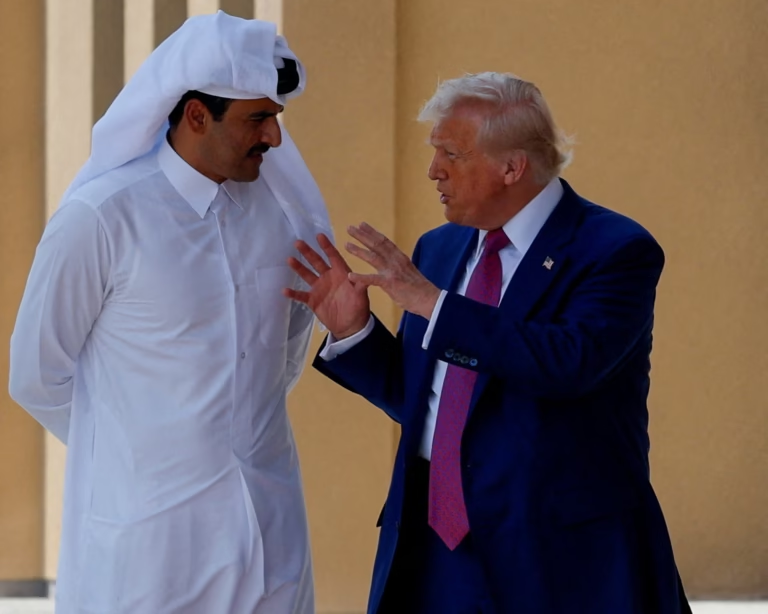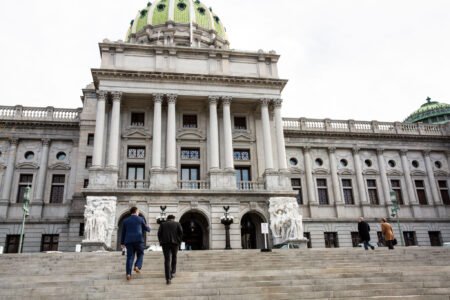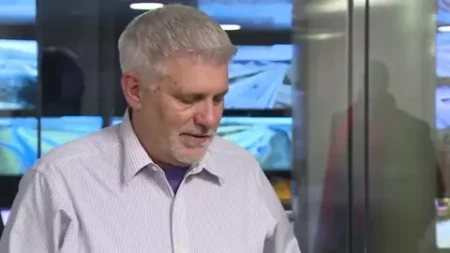U.S. President Donald Trump has signed an executive order promising to use all lawful measures, including military action, to defend Qatar if it comes under attack. The order was posted on the White House website on Wednesday but was dated two days earlier, raising new questions about America’s role in the Gulf and the strength of such commitments.
The pledge appears to be aimed at reassuring Qatar after a surprise Israeli strike on its territory. That attack targeted Hamas leaders as they weighed a possible ceasefire in the Gaza war and killed six people, including a member of Qatar’s security forces. The incident shook Doha and prompted direct U.S. involvement in calming tensions.
In the text, Trump declared that the United States would view any armed attack on Qatar’s sovereignty, territory, or critical infrastructure as a threat to American peace and security. He pledged that Washington would act with diplomatic, economic, and if needed, military force to defend both nations’ interests and restore regional stability. The language strongly echoed NATO’s Article 5, which treats an attack on one ally as an attack on all, though Qatar is not a formal treaty ally.
The executive order coincided with a visit to Washington by Israeli Prime Minister Benjamin Netanyahu. During the meeting, Trump organized a phone call between Netanyahu and Qatari leaders in which the Israeli leader expressed regret over the strike. Later that week, Trump also spoke directly with Qatar’s ruling emir, Sheikh Tamim bin Hamad al-Thani, to discuss Doha’s role in ceasefire talks between Israel and Hamas, according to officials.
Qatar’s Foreign Ministry welcomed the U.S. pledge, calling it an important step in strengthening an already close defense partnership. The country hosts the vast Al Udeid Air Base, the forward operating hub of U.S. Central Command and one of Washington’s most important military installations in the Middle East. Qatar has long been seen as a vital partner in U.S. security operations while maintaining its own ties with groups such as Hamas and the Taliban.
Despite the bold promise, the legal scope of the commitment remains uncertain. Typically, treaties and defense agreements require Senate approval, but presidents have entered international deals without it. Barack Obama’s 2015 nuclear deal with Iran was one example. In practice, the final decision to use military force rests with the president alone. This has left some analysts questioning how binding Trump’s defense pledge to Qatar really is, especially given debates in the past about the weight of NATO’s own Article 5 guarantees.
The order also drew attention because of Qatar’s past connections to Trump. The Gulf monarchy, made wealthy by its massive natural gas reserves, has maintained business and personal ties with him, from investments in Trump Organization projects to gifting him a Boeing 747 jet that served as Air Force One. These links have fueled speculation that Qatar’s closeness to Trump may have influenced the timing of the security promise.
At the same time, regional developments suggest the pledge could have wider implications. In the wake of the Israeli strike, Saudi Arabia signed a mutual defense agreement with Pakistan, placing itself under Islamabad’s nuclear umbrella. Observers now wonder if other Gulf states, facing tensions with both Israel and Iran, may seek their own defense guarantees from Washington. The reimposition of United Nations sanctions on Iran over its nuclear program has only deepened concerns about security in the region.
Qatar’s designation as a major non-NATO ally by President Joe Biden in 2022 highlighted its importance to U.S. strategy, particularly after its assistance during the American withdrawal from Afghanistan. Trump’s new order takes that relationship a step further, raising the prospect of deeper U.S. commitments in the Gulf.
Analysts remain divided. Some argue that formalizing U.S. defense support for Qatar strengthens deterrence and shows Washington’s reliability as a security partner. Others warn it could entangle the United States in conflicts where its direct interests are limited. Bader al-Saif, a history professor at Kuwait University, noted that the Gulf’s central role in the Middle East means it demands more than symbolic promises and casual diplomacy. He suggested that U.S. guarantees must be backed by clear strategy to be credible.
What remains certain is that Trump’s defense pledge to Qatar represents a new chapter in America’s engagement with the Gulf. Whether it ensures greater stability or leads to deeper U.S. involvement in regional disputes will be tested in the months and years to come.







